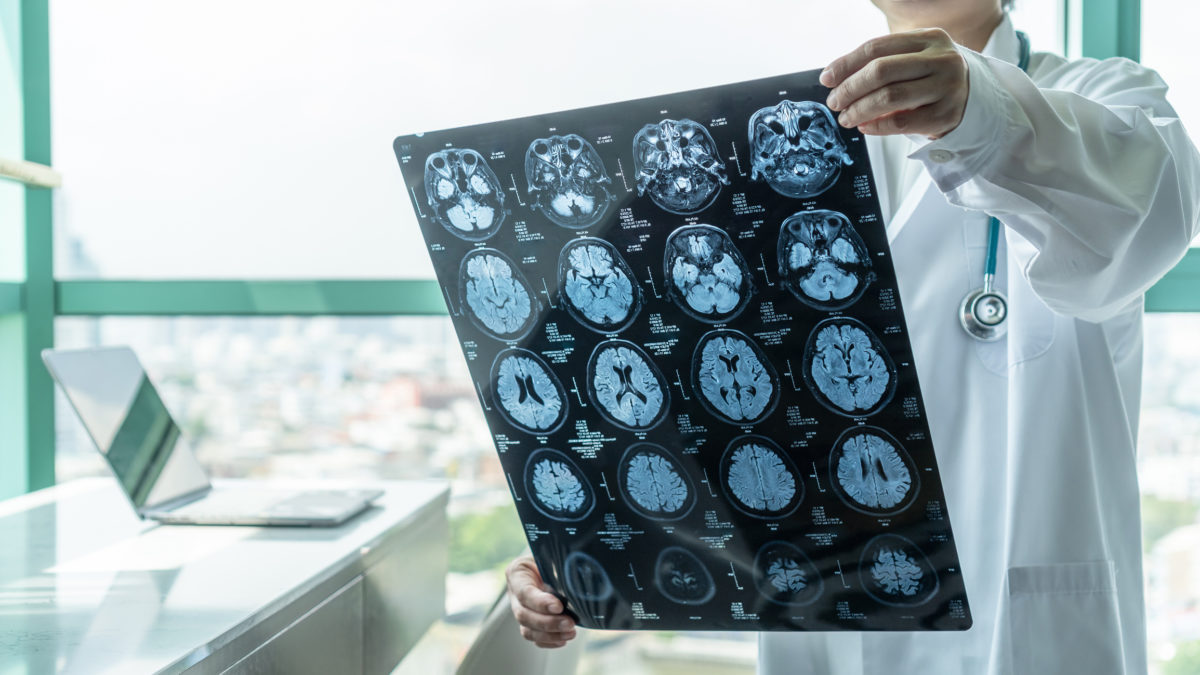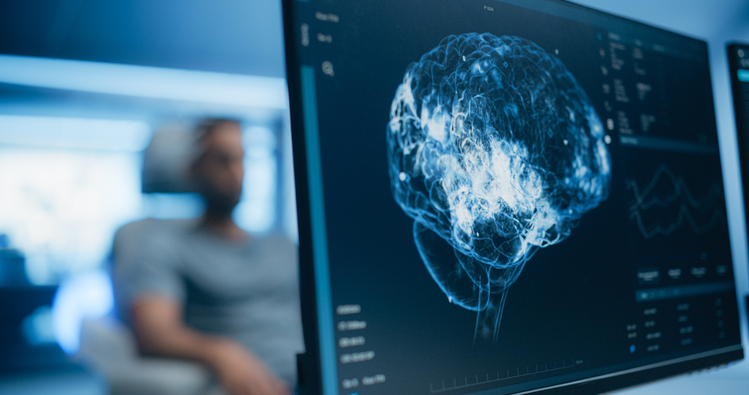
A traumatic brain injury (TBI) can happen in the blink of an eye. Whether by a car crash, slip and fall, or sports injury, TBIs affect people of all ages and backgrounds. These life-altering injuries often have long-term complications such as behavioral and emotional changes and communication problems, as well as death.
Another common side effect found in victims of traumatic brain injuries is disorders of consciousness (DoC), otherwise known as impaired consciousness. A disorder of consciousness diagnosis is typically given when someone has difficulty maintaining wakefulness or has impaired awareness of themself and their surroundings.
Disorders of consciousness is an extremely serious diagnosis and those that suffer from it can experience comas, vegetative states, or a minimally conscious state.
Often, disorders of consciousness occur when someone suffers a traumatic brain injury caused by blunt force trauma to the head, a stroke, or losing oxygen.
While the road to recovery for victims of traumatic brain injuries and disorders of consciousness is long and involves several stages, there is hope for those affected by these debilitating injuries.
Hope for Victims of Traumatic Brain Injuries
Neurologists at UCLA have discovered a groundbreaking technique that employs the use of low-intensity focused ultrasound (LIFU) to stimulate neurons in the part of the brain responsible for processing information related to movement, the thalamus.
In studies of three patients that suffer from disorders of consciousness, the neurologists reported that the patients underwent the procedures safely and with a high degree of tolerance.
The LIFU did not cause stress or harm. Two of the patients exhibited clinically significant increases in responsiveness following their LIFU sessions.
Patient #1 suffered a hemorrhagic stroke and underwent LIFU 14.5 months after his injury. Following his treatment, he was able to nod or shake his head to indicate “yes” or “no” in response to basic questions. On top of that, he was able to use a pen on paper and lift a bottle to his mouth. His ability to do all of these actions marked the first time doing so since his injury.
Patient #2, who went into cardiac arrest and hypoxia, was also able to respond to basic commands and questions with the use of her fingers and head. She was also able to recognize common objects (such as a comb and pencil), which she had previously been unable to do.
For those connected to victims of traumatic brain injuries and disorders of consciousness, you will recognize the magnitude of these accomplishments. The introduction of new techniques such as LIFU to treat TBIs and related disorders will bring on a new wave of possible treatment options for victims and their families.
Supporting Victims of Brain Injuries
Hopefully, procedures such as LIFU will continue to show progress for victims of TBIs and lead them to regain control over their lives as their abilities gradually improve. While LIFU is still in its experimental phase and many years away from public availability, additional studies and clinical trials will go a long way in improving the technique and helping neurologists understand the potential impact this kind of treatment may have on the lives of TBI patients.
Those that are caring or have cared for patients with TBIs are familiar with the exorbitant costs associated with treatment and rehabilitation, living and care facilities, and managing other basic needs.
However, families and victims of traumatic brain injuries should not have to handle this financial struggle on their own. If you or a loved one have been affected by a traumatic brain injury caused by the negligence or actions of another party, you may be able to file a personal injury lawsuit.
Langdon & Emison has helped countless victims recover millions of dollars in damages in brain injury cases. Contact our spinal cord and brain injuries lawyers at 866.931.2115 to schedule your free case evaluation.


